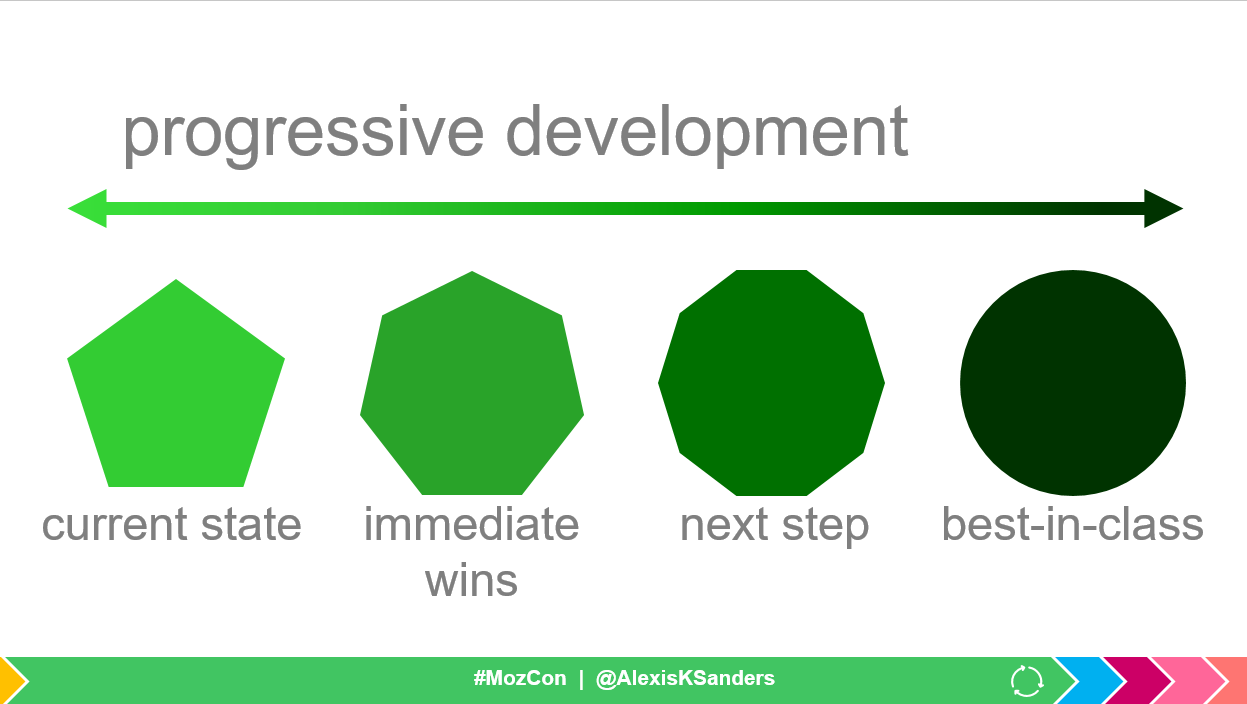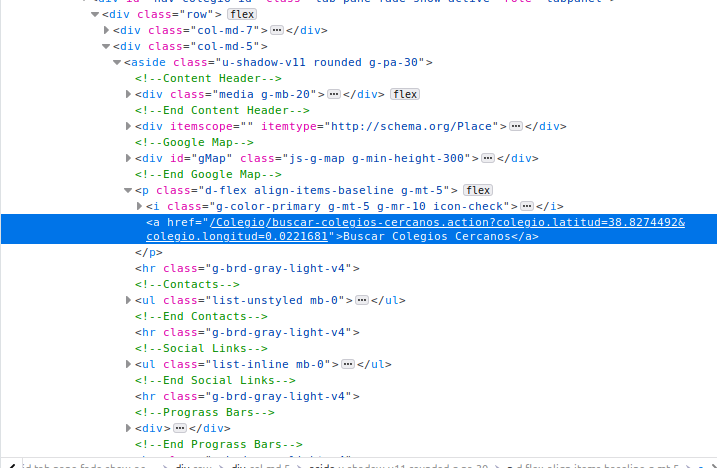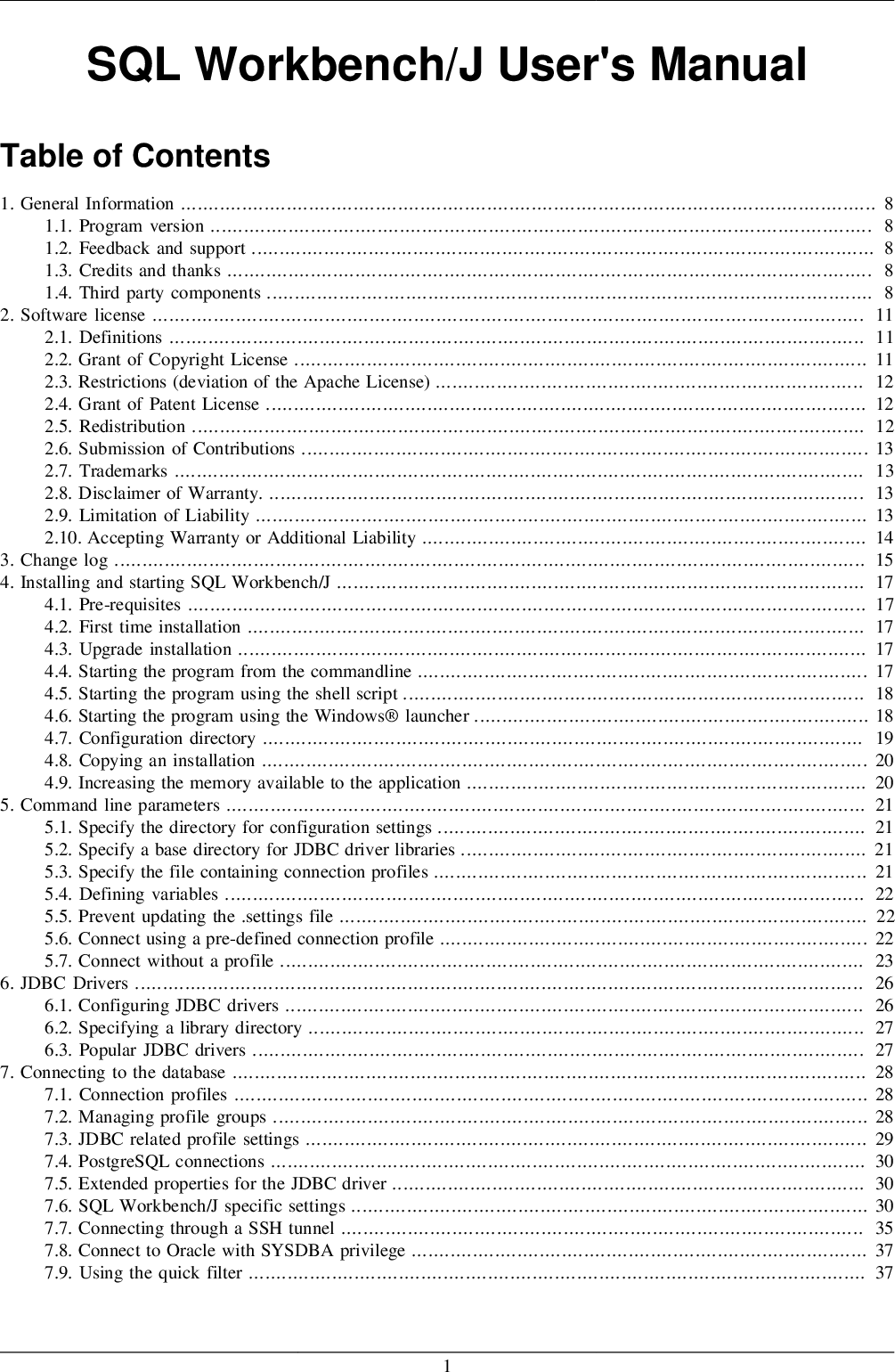To check the existence of a variable locally we are going to use the locals() function to get the dictionary of the current local symbol table. It returns true if the variable is found in the local entry system else returns false. In this article we will learn about some of the frequently asked TypeScript programming questions in technical like "how to check if var exists python" Code Answer's. When creating scripts and web applications, error handling is an important part. If your code lacks error checking code, your program may look very unprofessional and you may be open to security risks. Error or stack handling on typescript was simple and easy.
An error message with filename, line number and a message describing the error is sent to the browser. This tutorial contains some of the most common error checking methods in Typescript. Below are some solution about "how to check if var exists python" Code Answer's. Locals() and globals() are built-in functions in Python that can be used to check for the availability of an identifier. Both these functions return the local and global symbol table, respectively.
Thus, you can simply check if a variable exists locally or globally using the respective symbol tables. We will use the locals() method to see if a variable exists locally. The locals() method returns a dictionary of the current scope's local variables. In this article, we learned to check the existence of variables in Python by using two built-in functions such as locals() and globals(). For example, we used None object and assigned it to a new variable, and checked what exceptions we are getting using examples.
We can also check if a variable exists locally with the help of the locals() function. The locals() function returns a dictionary of all local variables. This method will check the existence of the local variable using the locals() function.
Locals() returns a dictionary whose keys are strings of variables' names that are present in the local namespace. To check if the variable is defined in a local scope, you can use the locals() function, which returns a dictionary representing the current local symbol table. In this article, we will learn how to check if a variable exists in Python. In this article, we will see how to check for both the local and global variables in python. To check the existence of variable locally we are going to use locals() function to get the dictionary of current local symbol table. In Python, we can check if a variable exists globally with the help of the globals() function.
The globals() function returns a dictionary of all global variables. To check if a global variable exists, we will use the globals() method. It returns a dictionary containing the current scope's global variables. This function will check whether if a variable exists in the global namespace using the globals() method. Globals() returns a dictionary whose keys are strings of variables' names that are present in the global namespace. Now, Python brings two functions locals() and globals() to overcome this situation.
These two functions will help in checking whether the two variables i.e. local variable and global variable exists or not. In this article, we will learn to check the existence of variables in Python. We will use some built-in functions in Python and some custom codes including exceptions of the functions as well.
Let's first have a quick look over what are variables and then how many types of variables are there in Python. The way Python uses global and local variables is maverick. While in many or most other programming languages variables are treated as global if not declared otherwise, Python deals with variables the other way around.
The driving reason behind this approach is that global variables are generally bad practice and should be avoided. In most cases where you are tempted to use a global variable, it is better to utilize a parameter for getting a value into a function or return a value to get it out. Like in many other program structures, Python also imposes good programming habit by design. In python, if a variable exists then it is defined locally or globally. A variable defined inside the function is called a local function and the variable defined outside the function is called a global variable. To check the existence of the variable locally we are going to use the locals() function to get the dictionary of the current local symbol table.
To check the existence of variable globally we are going to use globals() function to get the dictionary of current global symbol table. There are two types of variable first one is local variable that is defined inside the function and the second one are global variable that is defined outside the function. Programmers need to enter their query on how to check if a variable exists in python related to TypeScript code and they'll get their ambiguities clear immediately. On our webpage, there are tutorials about how to check if a variable exists in python for the programmers working on TypeScript code while coding their module. Coders are also allowed to rectify already present answers of how to check if a variable exists in python while working on the TypeScript language code.
Developers can add up suggestions if they deem fit any other answer relating to "how to check if a variable exists in python". This way the programmer can use the locals() and globals() function provided by Python language to check the existence of the variable. The program will print TRUE if the variable exists and FALSE if the variable does not exist. Like in the previous example, here also function1 has no local variable.
As a result, the locals() function returns an empty local symbol table. After that we tried to update the value of the variable using the locals() method but as we can see the value of the variable is not updated. Let's first make a user-defined function named local_func(), it defines a variable and initializes the value in it.
We can use the in operator to check if the string of the variable name exists in the dictionary. If so, it means the variable exists in the local namespace; otherwise, not. Finally, to check for the existence of a global variable, you can use the globals() function. It returns a dictionary representing the current global symbol table. In this article, we learned to check if a variable is declared or not in both local and global aspects.
We also saw how both the functions differ from each other in updating the value of a variable. We also learned how to check for a variable in different scenarios like in list, class, etc. And finally, we saw how to retrieve the values of these variables. Because when you are using a variable if it doesn't exists it will born at the same time. To check if a variable exists in the local scope, you also verify the name of the variable as a string and check it against the locals() function. The local variable referenced before assignment this error is raised when we try to use a variable before it has been assigned in the local scope.
MATLAB searches starting at the top of the search path, and moving down until a result is found or the last folder on the path is reached. If more than one name exists in a folder, MATLAB displays the first instance of name, according to the Function Precedence Order. Folders are an exception to the function precedence rules.
They have precedence over all types except for variables and built-in functions. In many programming languages, the concept of scope is very important and affects how the flow of data occurs in a program. Depending on the language, there will be both global and local variables available in a program.
Now, To check the existence of a variable globally we are going to use the globals() function to get the dictionary of the current global symbol table. It may not be performant, but you generalise the solution to a function that checks both local variables and global variables. Developers are finding an appropriate answer about how to check if a variable exists in python related to the TypeScript coding language. By visiting this online portal developers get answers concerning TypeScript codes question like how to check if a variable exists in python. Enter your desired code related query in the search bar and get every piece of information about TypeScript code related question on how to check if a variable exists in python.
We can use Python os module "environ" property to get the dictionary of all the environment variables. When the os module is loaded by Python interpreter, the environ value is set. Any further changes in the environment variables through external programs will not get reflected in the already running Python program.
To check if a variable exists in the global scope, verify the name of the variable as a string between quotes and use the in operator using the globals() function. This function returns true if the variable exists and is not NULL, otherwise it returns false. When working with variables what you want most of the time is to check for nil, instead of whether or not a variable is defined. Or even better, convert the variable into a known class using a conversion method.
Finally, if you want to check if a variable exists locally, you can use the Python locals() function. You can use the Python globals() functions to check if a variable exists globally. To check if a local variable exists or not, we can use the built-in locals() function. If a variable is defined inside a function, then it has a local scope. Today, we will see how to check if a variable exists or not.
In Python, a variable can be defined either globally or locally. If so, it means the variable exists in the global namespace; otherwise, not. Attempting to access a variable that hasn't previously been defined raises a NameError exception. This NameError exception can be handled with a try/except statement, as you can do for any other Python exception. If you are here to learn how to check if a key exists in a dictionary in python it is most likely because of these two reasons. Either you are new to python or you tried using the has_key methods and received an error.
Finally, to check for the existence of global variables, you can go with a simpler approach. For ksh93 and bash, for variables of type nameref, that only returns true if the variable referenced by the nameref is itself considered set. If the environment variable already exists, it will be overwritten by the new value. The environment variable will be set only for the current session of the Python interpreter.
If you want to change to be permanent, then you will have to edit the user profile file in the Python program. We can use the "in" operator to check if an environment variable exists or not. Environment variables is the set of key-value pairs for the current user environment. They are generally set by the operating system and the current user-specific configurations. For example, in a Unix environment, the environment variables are set using the user profile i.e. .bash_profile, .bashrc, or .profile files.
Importing a file gives the current program access to variables and functions defined in that file. We will use import to retrieve all variables and function from another file. Here, we will see how to resolve the " local variable referenced before assignment " error. We need to define it in the global context in order to solve this error.
After writing the above code , Ones you will print "my_local" then the output will appear as a" True " because it is defined locally. Here, we use locals() to check whether the variable is local or global. In python, to check if the variable is a string, we will use built-in function isinstance() which will return a boolean value whether a variable is of type string or not. We use the following code to check if a variable exists in python. Hence, without further delay, let us discuss the methods to check if a variable exists in the Python code. However, if your code is quite lengthy, then it can be extremely tedious to spot every undefined variable one by one in your program.
This is where you can check if a variable exists in the first place before using it. The locals() function can be useful if we are in a function or object and want to check if a variable exists only in that object or function. To check if a global variable exists or not in Python, we can use the built-in globals() function. This is the same example as above, except we check for the global scope.
Since summ is a global variable, its value gets displayed, and result is a local variable, its condition gets evaluated to False. Variables are containers and reserved memory locations for storing data values. Variables store data that can be used when evaluating an expression.
Variables in Python can store any type of data or value say, integer type, string type, float type, or a boolean value, etc. There is no need to mention the type of the variable while defining it in the program. In the Python programming language, it is necessary for the variables to be defined before they are used in any function or in the program. To check if a file exists, you pass the file path to the exists() function from the os.path standard library. This shows that nonlocal bindings can only be used inside of nested functions.
A nonlocal variable has to be defined in the enclosing function scope. If the variable is not defined in the enclosing function scope, the variable cannot be defined in the nested scope. The latter is because python3 has removed the has_key methods. However, there are other equally efficient methods to check if a key exists in a dictionary. A variable is often referred to as a box containing a name and the contents. A simple command, e.g., "echo Hello $Var_Name' will print "Hello...the value of the variable as defined'.
Bash will print nothing if the box is empty or not created. That is why it is important to make sure whether a variable is set properly or not while creating any bash script. The scope sets the limits where the variable is defined and accessible. A scope in JavaScript is defined by a code block and by a function body .





















No comments:
Post a Comment
Note: Only a member of this blog may post a comment.